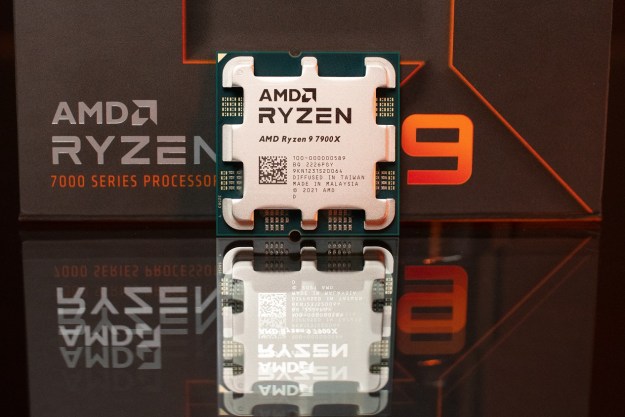
It therefore makes sense for leadership shuffles to happen, and new paths be pursued in the quest to profitability. But apparently, Chromebooks are still deemed too experimental and niche-y to even give them a try.
AMD’s Chief Technical Officer, Mark Papermaster, quashed any sort of speculation regarding a possible collaboration with Google, suggesting the search giant’s “objective” for the platform doesn’t match his company’s ambitions.
“For us, it’s when do you need our CPU and graphics capability that can make a difference.” Papermaster stated, adding “these rock-bottom markets… don’t have our value proposition.” In other words, AMD doesn’t think Chromebooks could benefit from the graphics portion of the company’s APU’s, and that the low-cost notebooks don’t match the capabilities of the company’s platforms.
Sounds logical, until you realize AMD has an APU family under its belt already that seems handcrafted for low-cost, low-power Chrome OS notebooks. Remember Mullins? It never quite took off, but found its way inside a few dirt-cheap Windows machines nonetheless. HP’s $230 Stream 14, for instance. Weak graphics performance is a common problem in Chromebooks, so an AMD-powered system might stand out as a result.
So, what’s actually stopping the “Red Team” from striking a mutually lucrative partnership with Big G? It could be that AMD doesn’t trust the growing potential of Chromebooks. After all, shipments are on the rise, especially in the education segment, but on the whole, these still account for a fraction of global Windows PC sales.
At the same time, maybe it’s Google that doesn’t want to be associated with AMD. They have Intel in their corner, for Atom, Celeron and Core use, and they can always opt for ARM-based solutions from a slew of bigger or smaller chip suppliers. Whatever the real reason, it’s time to stop dreaming for Carrizo-powered Chromebooks.
Editors' Recommendations
- Nice try, Intel, but AMD 3D V-Cache chips still win
- AMD’s new Ryzen 8040 CPUs aren’t all that new
- Qualcomm says its new chips are 4.5 times faster at AI than rivals
- No, The Last of Us PC requirements aren’t changing
- AMD finally shares new RX 7900 XTX benchmarks, and it’s not all good news



